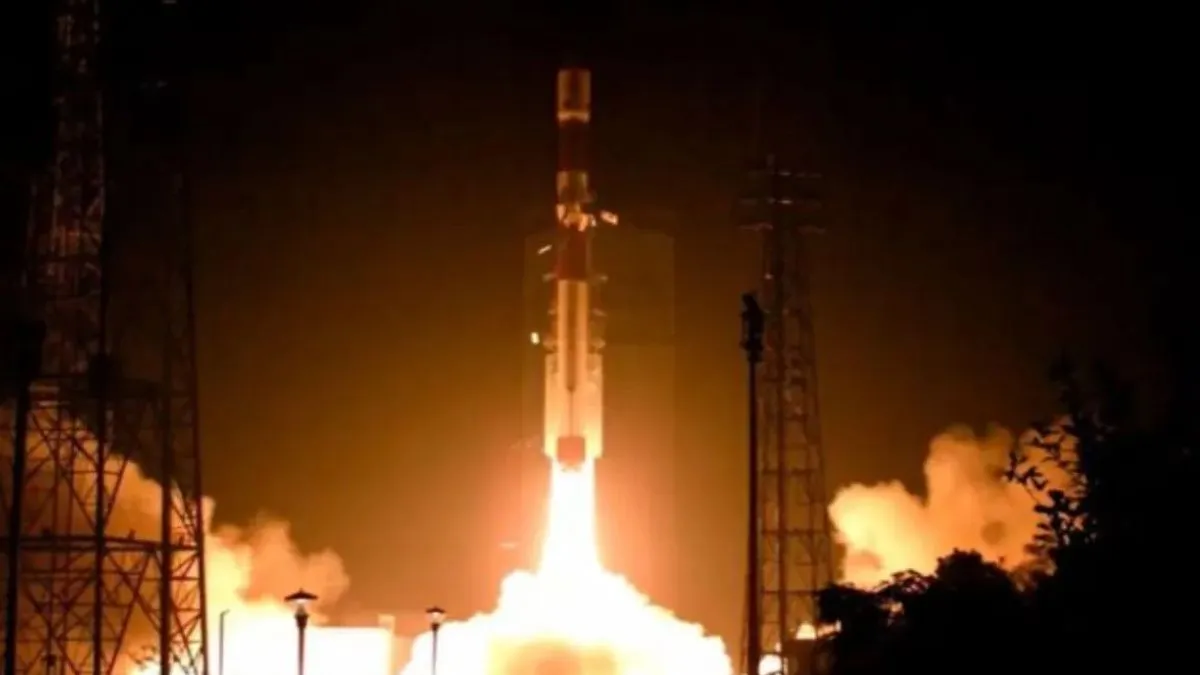- By Shivangi Sharma
- Wed, 08 Jan 2025 10:43 PM (IST)
- Source:JND
Indian Space Research Organisation (ISRO) announced that the planned docking of its satellites has been postponed due to an unexpected drift observed during a manoeuvre. ISRO recently stated on X that during a manoeuvre to bring satellites 225 meters apart, the drift exceeded expectations after a non-visibility period. Consequently, the planned docking for tomorrow has been postponed, but the satellites are safe.
"While making a manoeuvre to reach 225 m between satellites, the drift was found to be more than expected, post non-visibility period. The planned docking for tomorrow is postponed. Satellites are safe," NASA wrote on X.
While making a maneuver to reach 225 m between satellites the drift was found to be more than expected, post non-visibility period.
— ISRO (@isro) January 8, 2025
The planned docking for tomorrow is postponed. Satellites are safe.
Stay tuned for updates.#ISRO #SPADEX
The drift was identified after a period when the satellites were not visible from the ground, making it challenging to monitor their position accurately. Despite this, ISRO reassured the public that the satellites remain safe and secure, with no immediate risk. The organisation is diligently working on recalibrating the trajectory to ensure a safe docking process in the future.
Earlier in the day, ISRO began a drift manoeuvre with the Chaser satellite to bring it closer to the Target satellite in preparation for docking. The goal was to reduce the distance between the satellites from 500 meters to 225 meters, with two additional halts planned at 15 meters and then 3 meters before the final docking. Space docking involves bringing two spacecraft into the same orbit, moving them closer, and joining them together.
ISRO Aims To Join Elite Space Club
This setback follows ISRO’s recent advancements in satellite operations, aiming to enhance the capabilities of its space missions. The postponement is seen as a precautionary measure, with ISRO’s team focusing on resolving the issue through detailed analysis and adjustments.
India's successful docking capability will place it among the top four nations alongside the US, Russia, and China. This capability is crucial for future missions requiring heavy payloads, such as the Bharatiya Antariksha Station, which will be constructed by assembling five modules, with the first module set for launch in 2028.
ISRO remains committed to ensuring the safety and success of its missions, and experts are optimistic about the successful resumption of satellite docking in the near future.
ALSO READ: What Is Dry January Challenge? Here’s How The Popular Trend Could Lead To Better Sleep And Health
